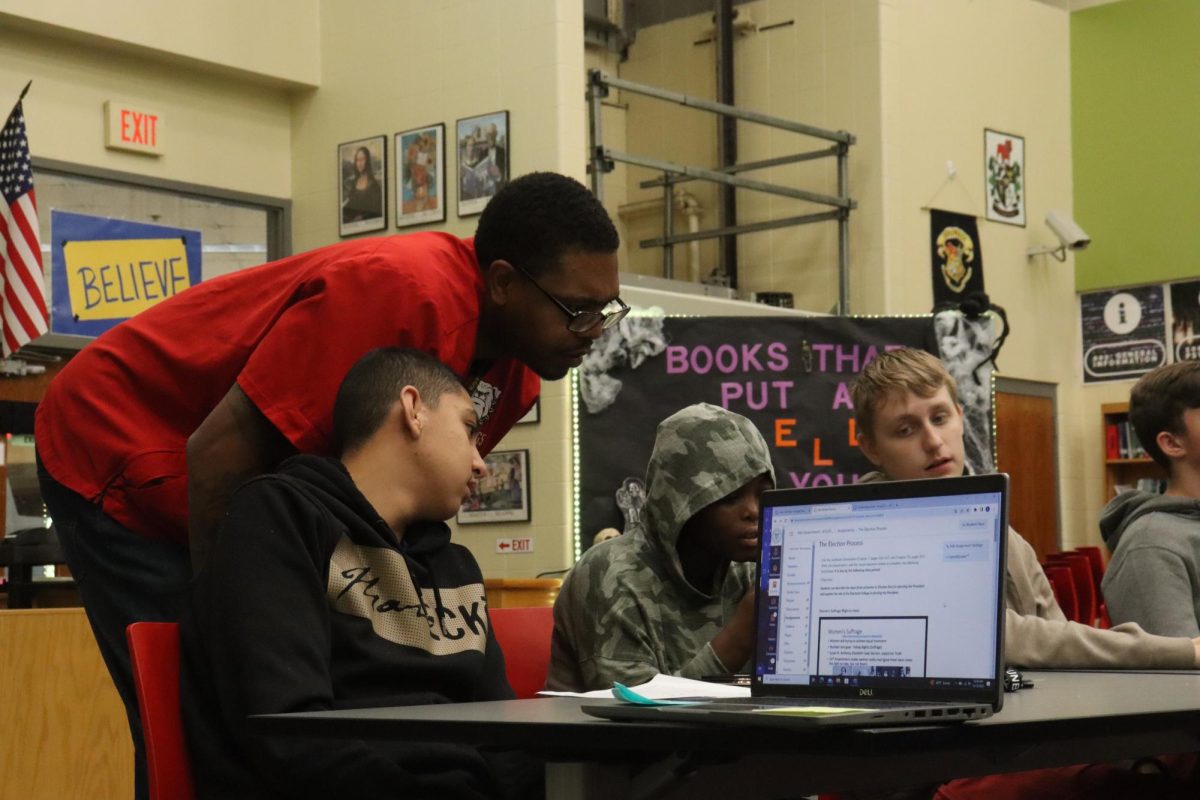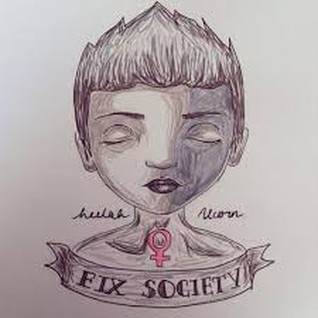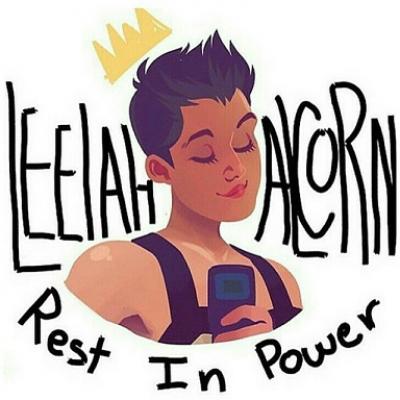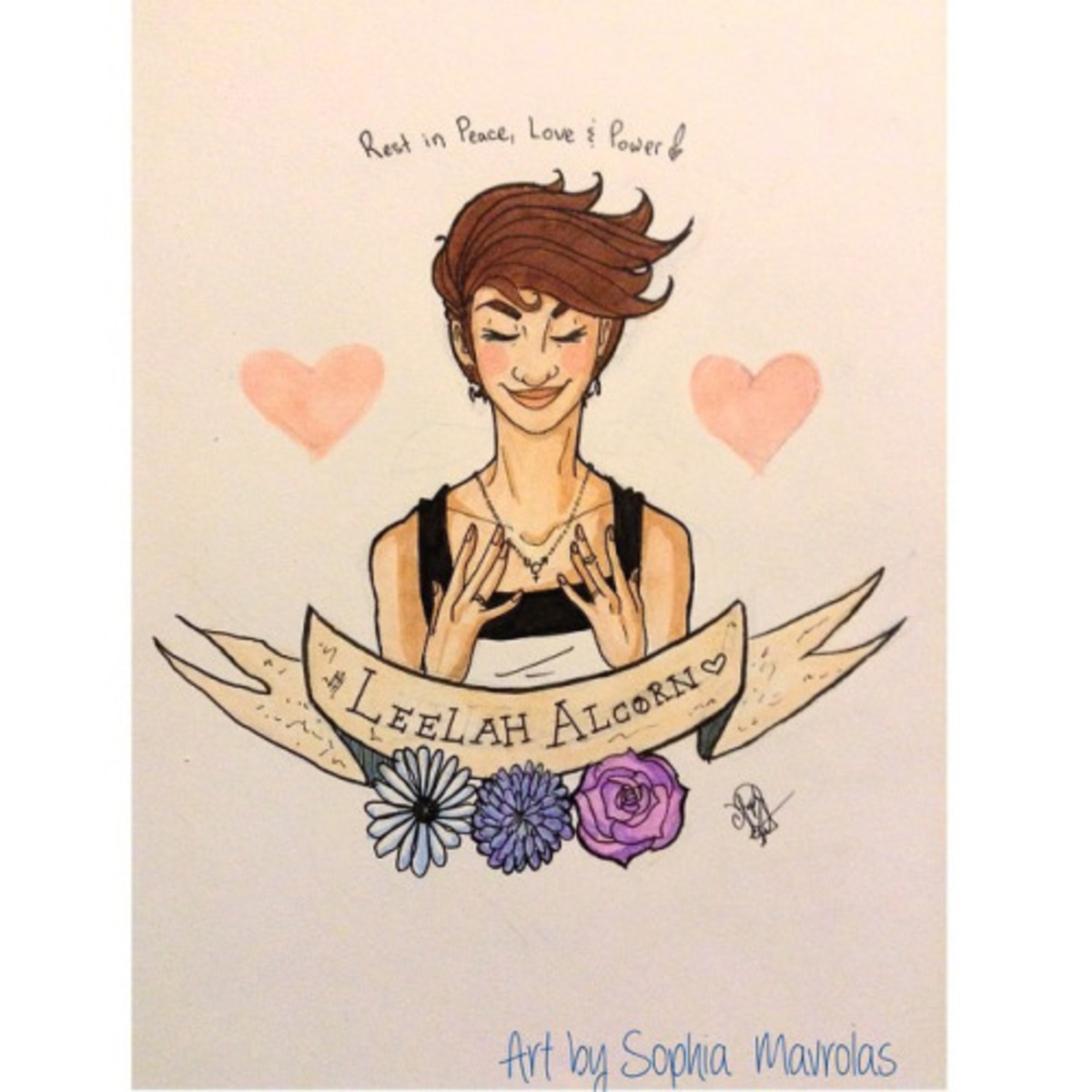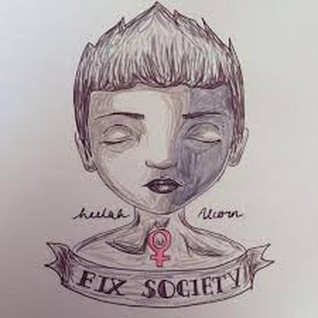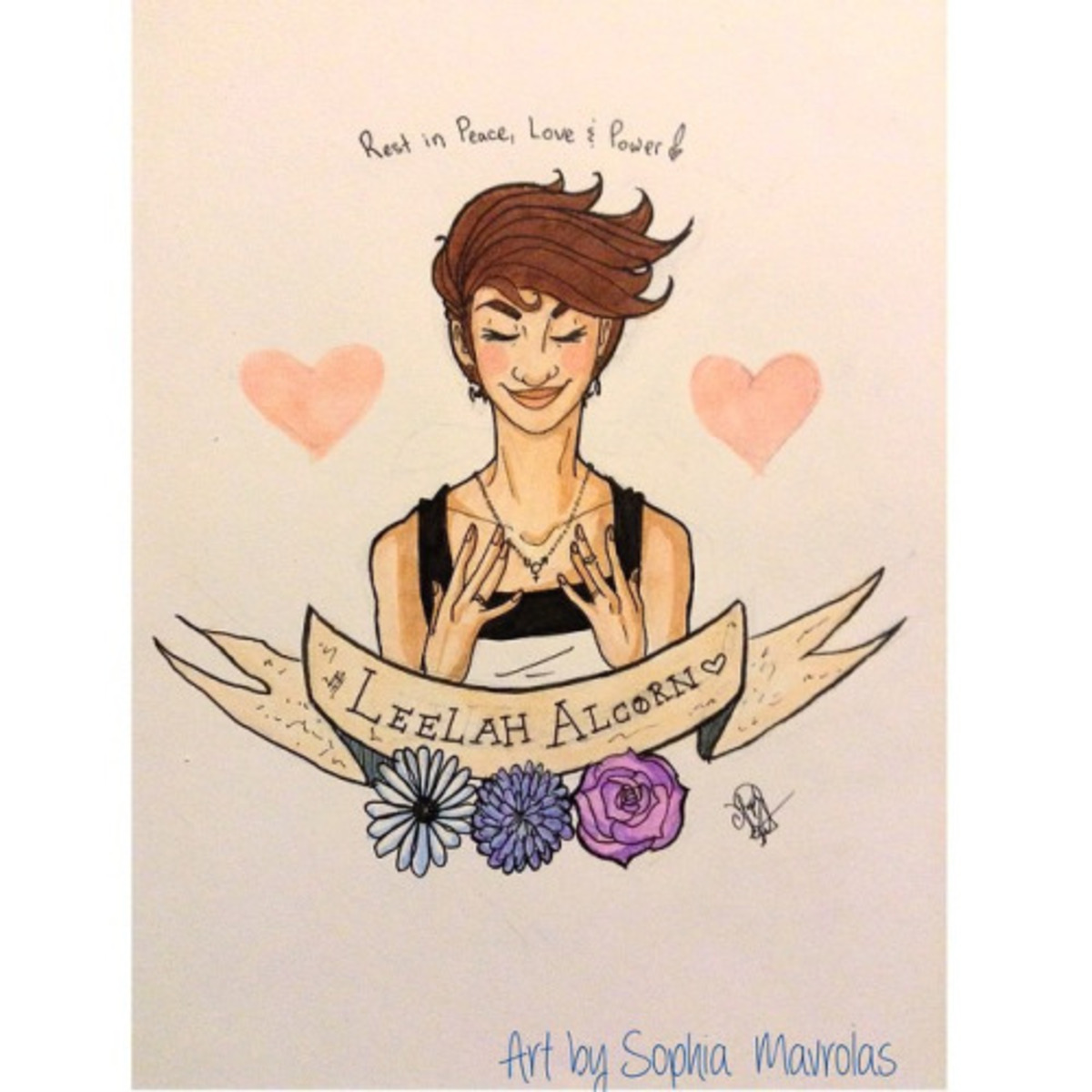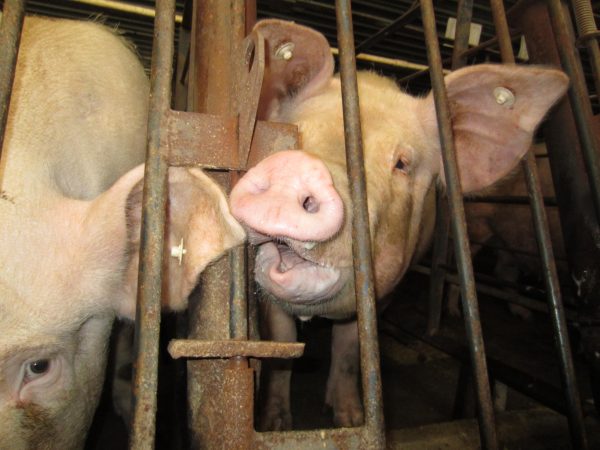The Senseless Death of Leelah Alcorn
A student tries to understand why so many LGBT youth commit suicide
At 2 A.M on Dec. 28th, 17-year-old Leelah Alcorn committed suicide by throwing herself in front of oncoming traffic. She was struck down and died at the scene of the accident. It was not until a short while later when Leelah’s suicide letter was found on her Tumblr that activists picked up this story to fight for Leelah.
Her story is significant to the LGBT community because it portrays something that happens all too often: the suicide of LGBT youth.
Leelah was born a male, but she said, “I feel like a girl trapped in a boy’s body, and I’ve felt that way ever since I was 4.”
Her suicide letter stated that her parents told her that her lifestyle choice was wrong, she wouldn’t be supported, and ultimately they would never call her anything other than “Josh,” her male birth name.
Leelah’s letter also being sent to conversion therapy and her parents keeping her secluded and away from those who supported her as a transgender youth. Although Leelah was at first hopeful about therapy to treat her depression, the counselors addressed her with male pronouns, telling her how selfish “he” was.
In her suicide letter she claimed that her parents bullied her, and repeatedly told her she was going to hell.
She soon realized that all of the therapists her parents were sending her to were very biased and weren’t actually treating her depression, they were telling her to look to God in order to get the help she thought she needed.
In the United States, conversion therapy is illegal in California, Washington D.C, and New Jersey. Many consider it child abuse because it makes the person struggling feel at fault and thus causes even more depressed behaviors, as it did with Leelah.
When people think of a parent’s love, they normally think of an accepting love, but this was not the case with Leelah Alcorn’s parents. In her suicide letter she claimed that her parents bullied her, and repeatedly told her she was “going to hell.” She said that the disapproval from her parents didn’t make her want to change, but instead made her hate herself and made her feel as if she no longer deserved to live.
For five months, Leelah had no connections with anyone except her parents. They took her out of school, took away her phone and laptop, and wouldn’t let her visit her friends. They left her in complete loneliness and thought that this would “cure” her. According to the UC Davis Law Journal, isolating a child because of his/her gender or sexual orientation is child abuse and violates the 8th amendment of “cruel and unusual punishment.”
As a 17-year-old, Leelah Alcorn lived with such a large burden that no one else was willing to help her carry. She was made to struggle in ways that she didn’t deserve, and thus suffered from depression.
The end of Leelah’s life was a sad one, but it didn’t hide the fact that she wanted nothing other than to be happy, and for other transgender people to be happy. She wrote in her suicide letter, “The only way I will rest in peace is if one day transgender people aren’t treated the way I was, they’re treated like humans, with valid feelings and human rights.”
These were the things Leelah was not able to have.
I love squirrels, starbucks, & sushi.






